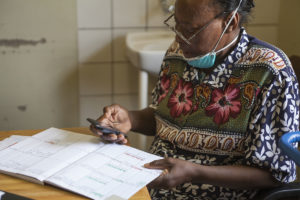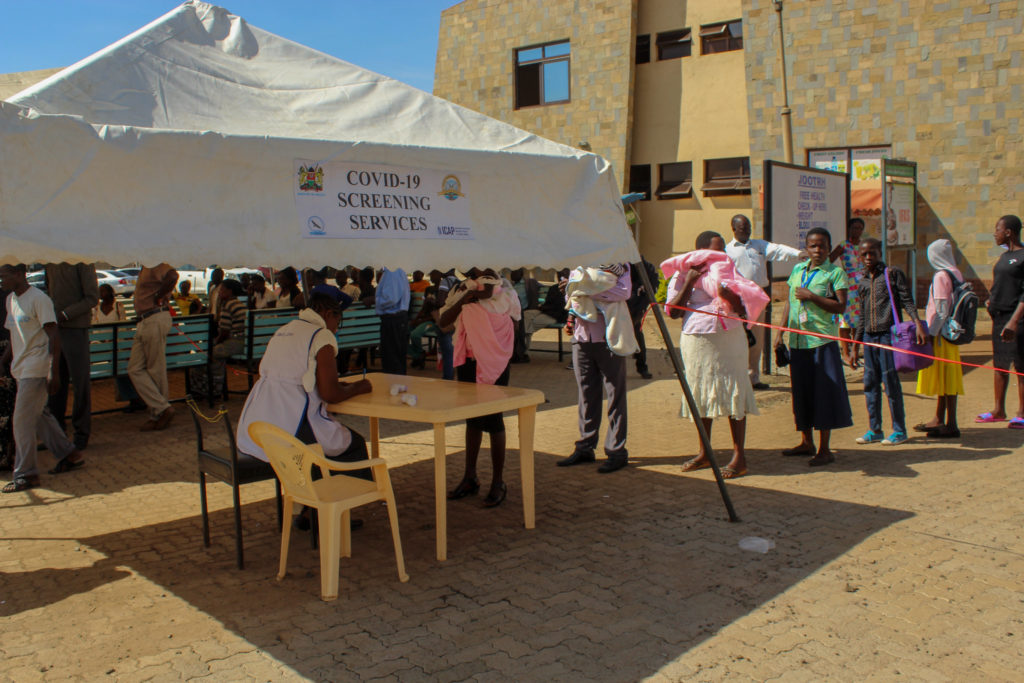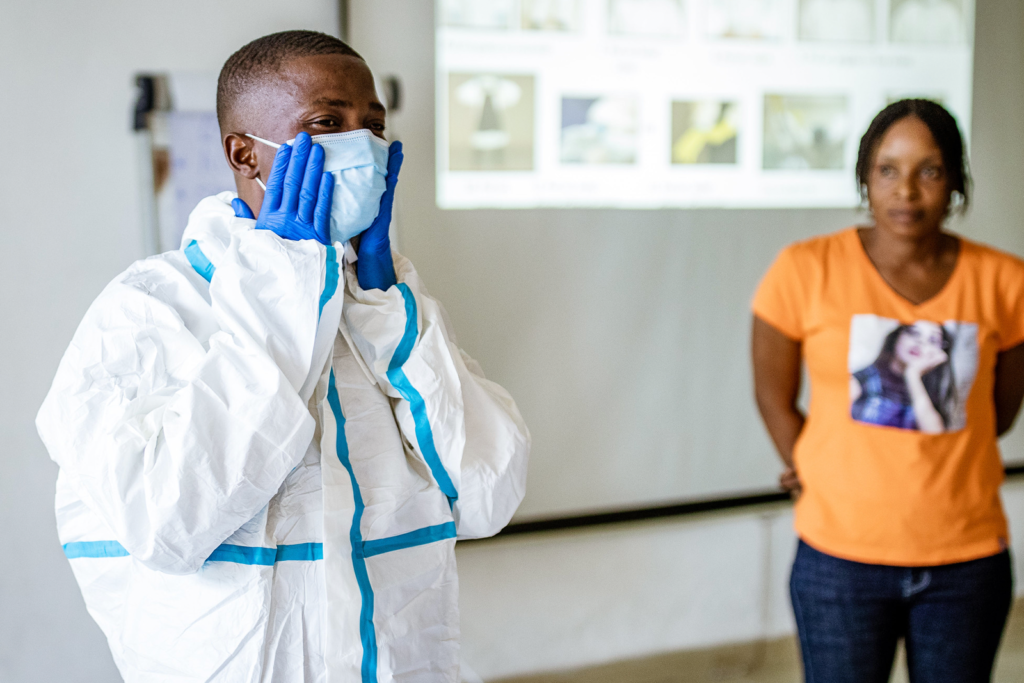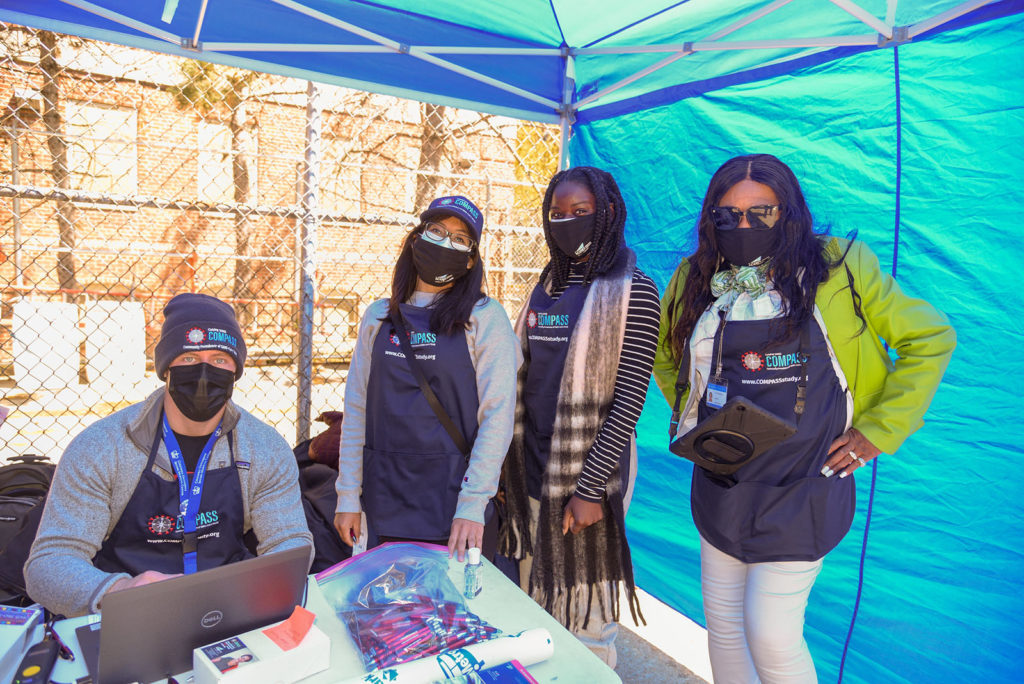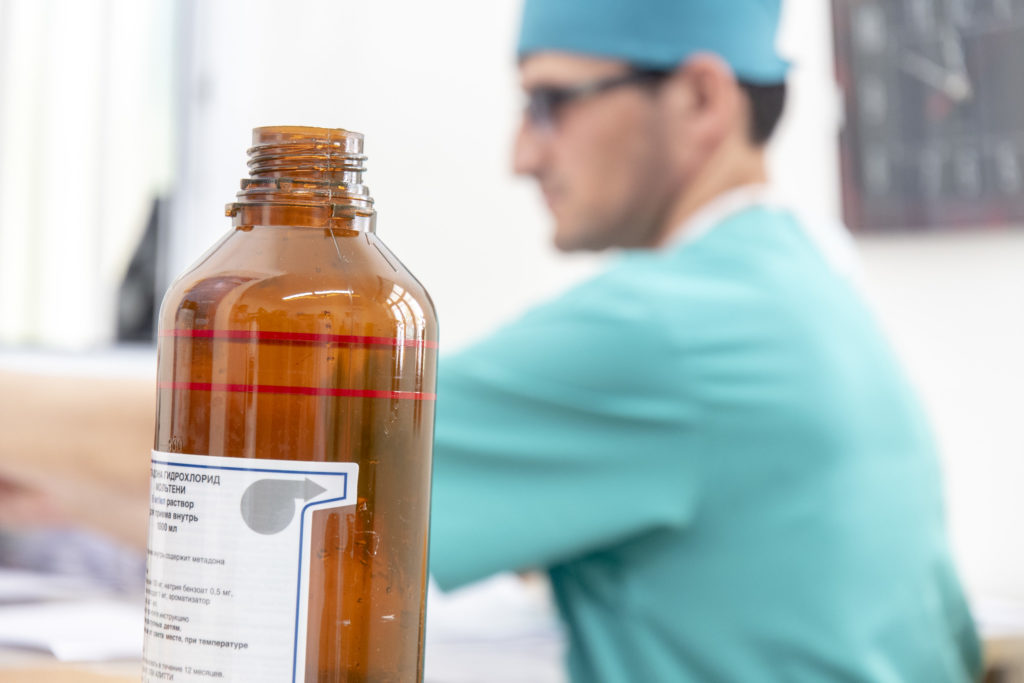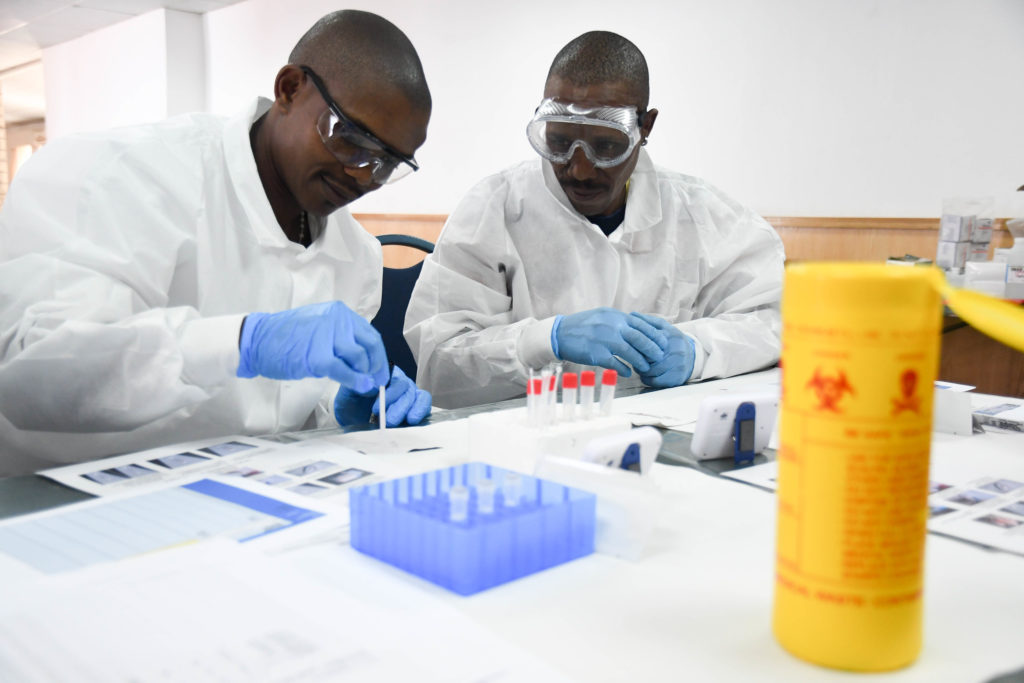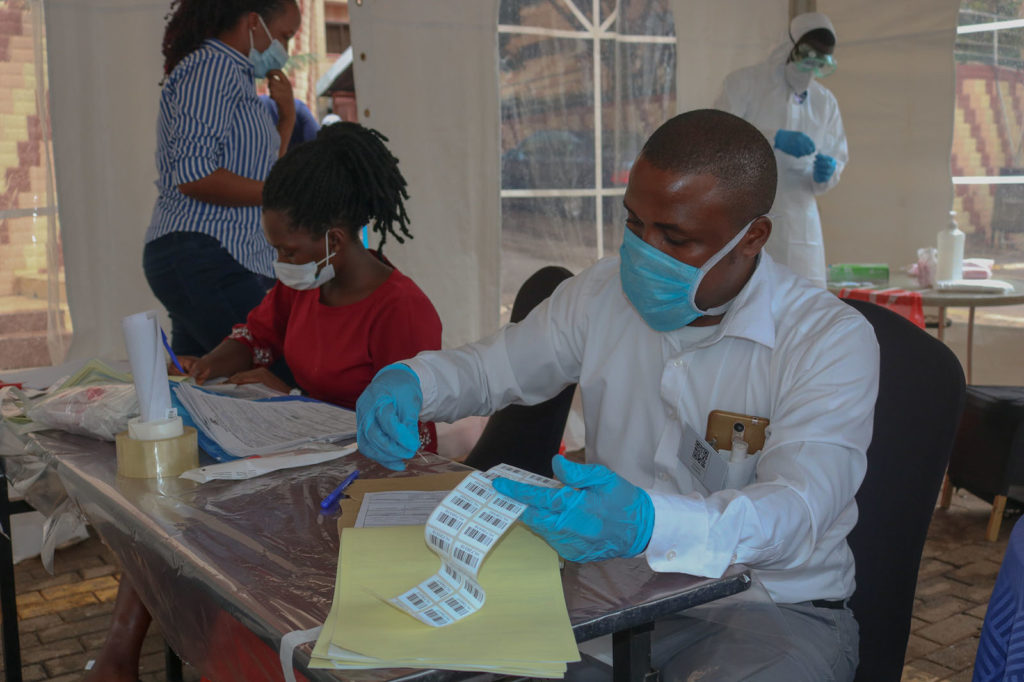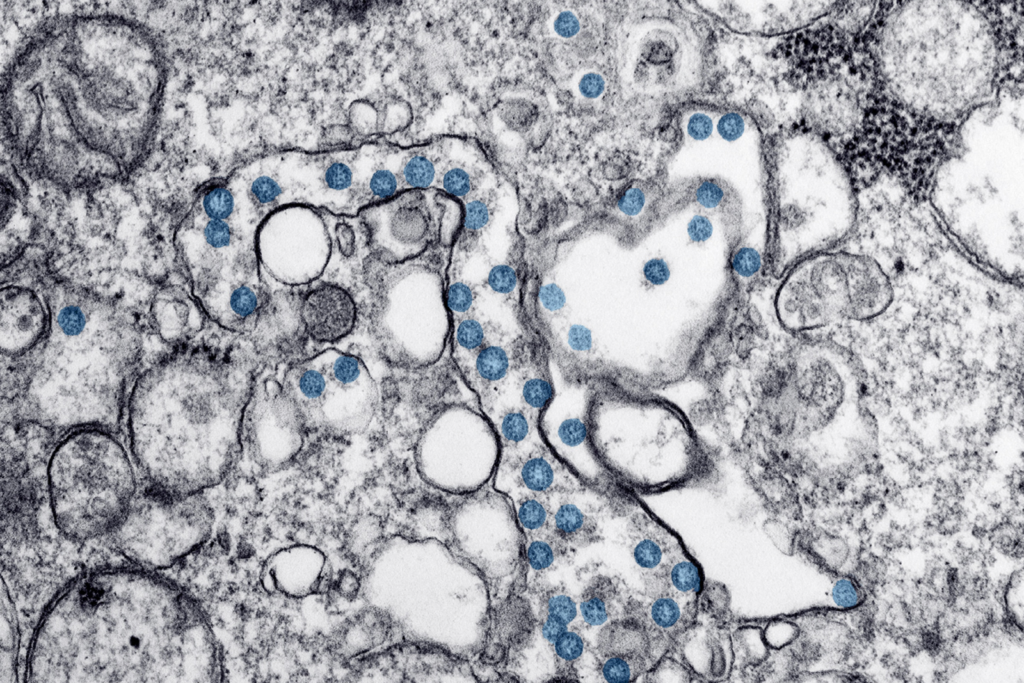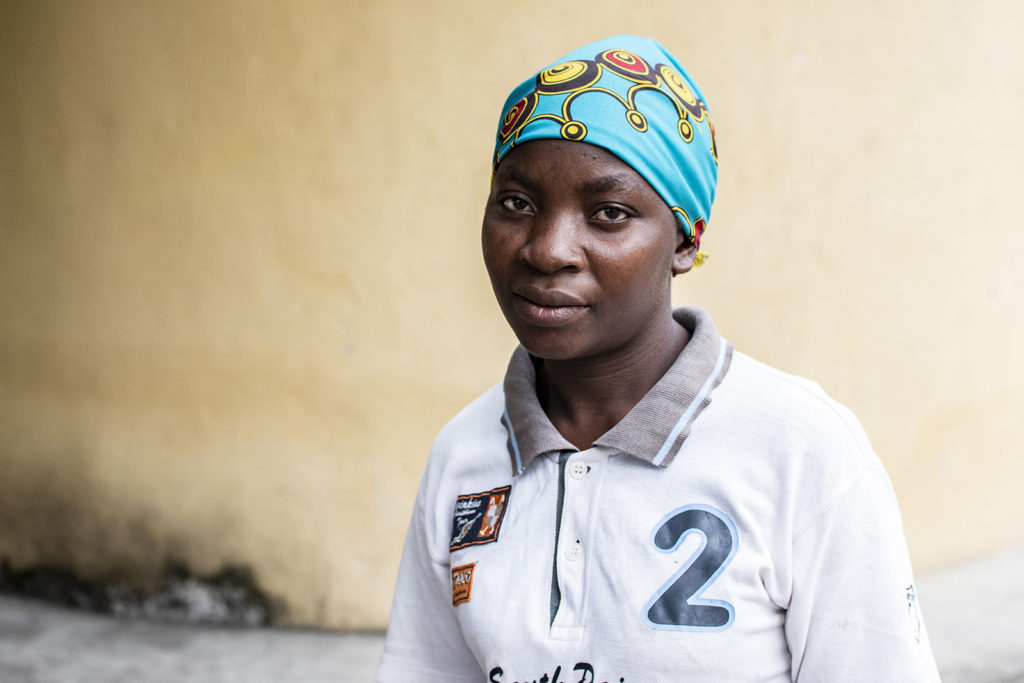Responding to Malaria in Remote Regions
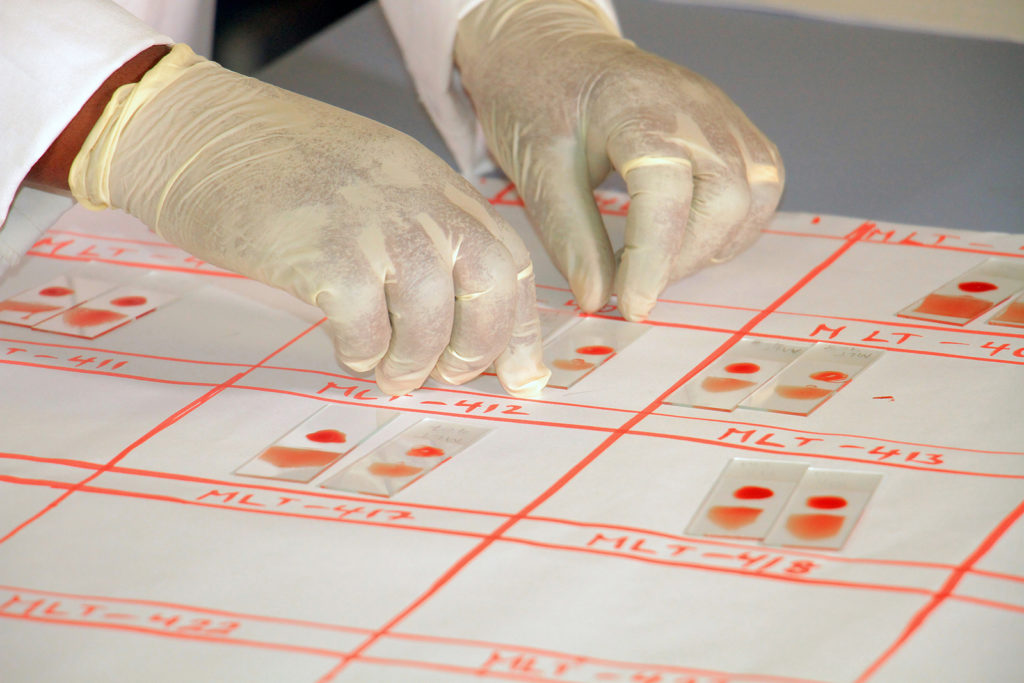
More than two-thirds of Ethiopia’s population lives in malaria high-risk areas and more than 1.5 million cases are reported annually.
“Over the past decade, Ethiopia has made tremendous strides in fighting malaria and many lives have been saved thanks to ICAP’s vital partnership with the Ethiopian ministry of health and other project partners,” said Zenebe Melaku, MD, ICAP’s country director in Ethiopia.
Through improved case management, the accuracy of diagnosis of malaria has risen dramatically to 97 percent in 2016 and annual malaria-related deaths have declined from more than 2,000 to just 374 in 2017. But challenges remain to achieve the global goal of Zero Malaria.
“As a result of the past decade’s work, we have seen more than 1,000 health facilities in the highest-risk areas improve the quality of the services they provide.”
Bereket Alemayehu, MD, MS,
ICAP’s principal investigator for both previous
and current PMI projects in Ethiopia
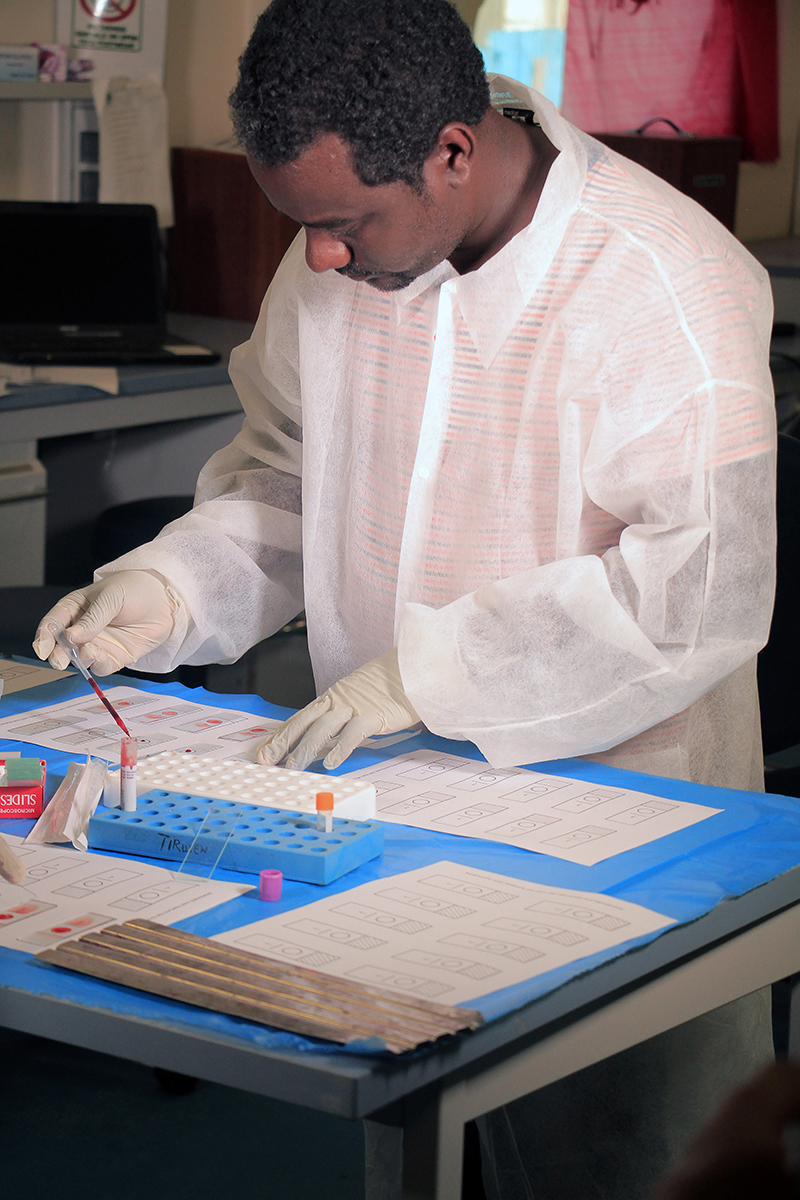 People who live in Ethiopia’s most rural areas still face severe outbreaks of this devastating disease. Yeraber Health Center, about 136 miles from Bahir Dar, the capital of the Amhara Regional State, is inaccessible by vehicle year-round and perilous to reach during the long rainy season. Patients with critical malaria have needed to be transported to a larger regional hospital by mule or carried on stretcher for a two-hour journey that requires crossing an overflowing river that has claimed has many lives.
People who live in Ethiopia’s most rural areas still face severe outbreaks of this devastating disease. Yeraber Health Center, about 136 miles from Bahir Dar, the capital of the Amhara Regional State, is inaccessible by vehicle year-round and perilous to reach during the long rainy season. Patients with critical malaria have needed to be transported to a larger regional hospital by mule or carried on stretcher for a two-hour journey that requires crossing an overflowing river that has claimed has many lives.
Since 2019, the Malaria Diagnosis and Treatment Activity (MDTA) team at ICAP’s regional office in the Amhara region have courageously crossed the dangerous river in a locally-made airboat and then walked for hours to reach the health center to provide comprehensive technical and logistic support. “This daring approach to reach inaccessible health facilities has had remarkable success in improving malaria diagnosis and treatment services,” stated Simeneh Atnafu, MDTA program manager at ICAP’s regional office in Amhara region.
MDTA, implemented by ICAP in Ethiopia, is currently supporting 15 hospitals, 141 health centers and 611 health posts in 25 districts of the Amhara regional state. The teams train and provide onsite mentorship to clinical and laboratory personnel on fever case management and laboratory diagnosis of malaria and provide health facilities with essential national guidelines and manuals, as well as support tools including job aids, bench aids, desktop references and M&E tools, and QA/QC formats. Providing these capacity-building resources, the MDTA efforts have improved the competency and skills of laboratory personnel and clinicians so they are capable of effectively diagnosing and treating malaria cases as the country looks toward a day when this deadly disease will not take such a dramatic toll on its people.
Funding: The U.S. Agency for International Development (USAID) through the President’s Malaria Initiative (PMI)
AMBITIOUS
COLLABORATIVE
EFFECTIVE

